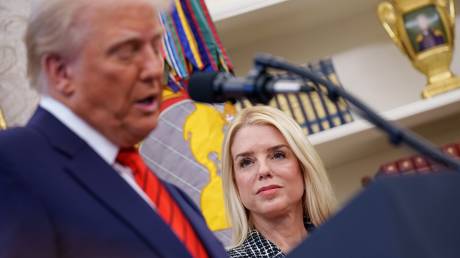Greta Thunberg, known globally for her climate activism, made headlines in Budapest this weekend by participating in Hungary’s Pride Parade. The 20-year-old activist delivered a fiery speech, criticizing Prime Minister Viktor Orbán’s government as “fascist” and accusing it of trying to “ban love” through its restrictive LGBTQ+ policies.
Greta’s Speech: Advocacy for Equality
At the Pride Parade, Greta emphasized the intersectionality of environmental and human rights issues. She declared,
“Love and equality are as essential as a healthy planet. Fighting for one means fighting for the other.”
Her speech resonated with the crowd, connecting climate justice with social equality. She urged attendees to stand against oppression and work toward a sustainable future where love knows no boundaries.
Hungarian Government’s Response
The Hungarian administration, however, was less than impressed. Balázs Orbán, a political director close to PM Orbán, sarcastically welcomed Greta’s comments. Taking to X (formerly Twitter), he referred to her as a “young, angry person” offering “unsolicited advice.” He further mocked her geopolitical engagements, reminding followers of her controversial past statements, including her stance on Gaza.
Pride Parade Amid Political Backdrop
This year’s Pride Parade in Budapest came amidst rising tensions between Hungary’s government and pro-LGBTQ+ activists. Orbán’s administration has been under scrutiny for policies many consider discriminatory, including restrictions on LGBTQ+ education and media content. Thunberg’s participation amplified global attention to these issues.
Polarizing Public Reactions
Greta’s involvement sparked heated debates across social media. Supporters praised her for standing up against Hungary’s policies, while critics dismissed her actions as “performative activism.”
-
Supporters say:
Greta’s appearance highlights the global struggle for equality and adds pressure on governments to address social injustices. -
Critics argue:
Her participation in Hungary’s Pride Parade is yet another case of “virtue signaling” that detracts from her environmental activism.
Why This Matters
Thunberg’s foray into LGBTQ+ advocacy underscores her evolving role as a multi-issue activist. By aligning herself with Hungary’s Pride Parade, she demonstrates how environmental justice intersects with human rights, drawing attention to both issues simultaneously.
Conclusion
Greta Thunberg’s presence in Hungary’s Pride Parade brought international attention to the country’s controversial LGBTQ+ policies. While her involvement continues to polarize opinions, it undeniably amplifies the voices of marginalized communities and shines a global spotlight on Hungary’s human rights challenges. Whether you agree with Greta or not, one thing is clear: she knows how to spark a conversation.










